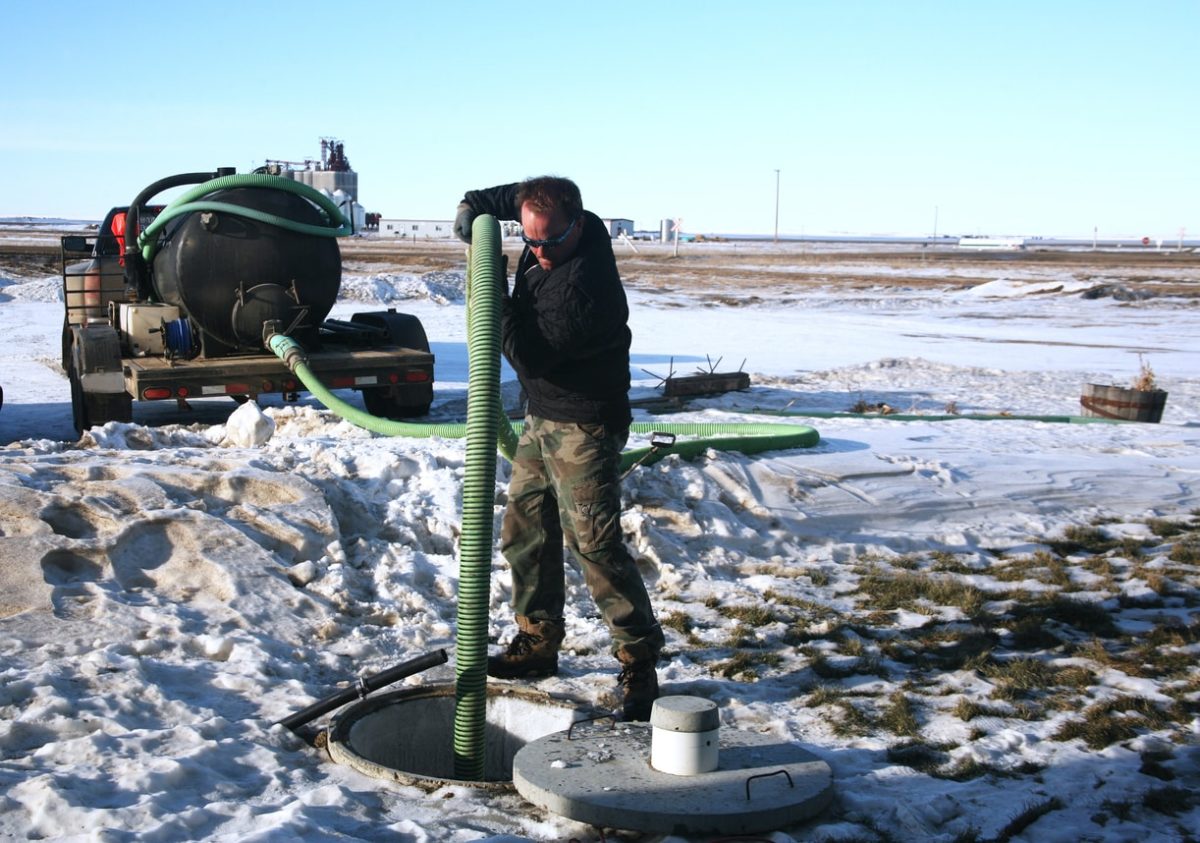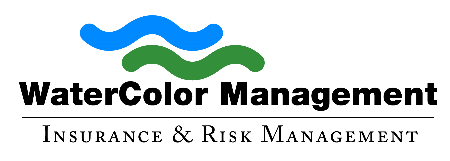
Researchers in London estimate that if everyone stayed vigilant about washing their hands, we could prevent up to a million deaths a year. So many disease outbreaks can be caused by not washing your hands. If you’re in the sewage and water treatment industry, keeping workers safe is vital for company growth. Handwashing alone reduces the risk of respiratory infections by almost 16 percent.
Those who handle human waste or sewage are going to be subject to far more exposures than the normal individual, but the key to staying safe is ultimately the same. When you take care of your personal hygiene, you’re making for a happier, more productive workplace.
In order to keep workers safe from waterborne diseases, putting some protocols in place to protect them helps. The Center for Disease Control and Prevention (CDC) recommends the following below to reduce health risks in septic and sewer operations.
Basic Hygiene Practices for All Workers
It should go without saying that every worker needs to wash their hands after handling human waste or sewage. If you’ve touched something unsanitary, make sure to not touch your face or any open sores or cuts until you’ve washed your hands thoroughly.
Always make sure that before you eat, drink or even use the toilet, your hands are clean. And once you’re done, wash your hands after that too. Before your workers eat, make sure they change out of their contaminated clothes in designated areas first. Eating should take place far away from any work area.
While it might seem random, refraining from smoking or chewing tobacco while on the job is harmful. Keeping open sores and cuts covered and dry is especially helpful for the health of any worker. Using gloves and boots meant for handling heavy waste is also sensible.
If any waste comes in contact with a worker, have them clean it off immediately. This includes if anything gets in your eyes. Your dirty stuff should always stay on site. Bringing it home means cross contamination. Before a worker goes home, make sure that they clean their uniform with a bit of chlorine solution and water (1 part household bleach to 100 parts water).
Personal Protective Equipment (PPE)
Having the right personal protective equipment is going to be crucial to the work of someone in the sewage and water treatment industry. Workers should always wash their hands immediately after removing equipment. If your workers are handling human waste or sewage, here’s some of the gear they should have:
- Protective goggles to prevent splashback on the eyes.
- Protective face mask or shield meant to protect mouth and nose from sewage.
- Waterproof gloves to keep hands safe and prevent exposure.
- Rubber boots to prevent exposure like waterproof gloves.
- Liquid-repellent coveralls help keep human waste off of clothing.
Training For All Workers
All workers who are handling sewage or human waste should be properly trained on disease prevention. Sometimes it takes going over basic hygiene practices, how to use personal protective equipment and how to properly handle sewage and human waste. But being proactive is what keeps workers safe: if something is off, seek medical attention immediately. If you’re vomiting, cramping and have diarrhea, then something is wrong.
About Watercolor Management
WaterColor Management has insured the water industry for over 30 years. Our policies include unlimited defense cost coverage in the event of a lawsuit against you. Call us at (256) 260-0412 or email info@watercolormanagement.com for a quick quote for your Water Business Professional, Products/Completed operations, Pollution and General Liability Insurance.




